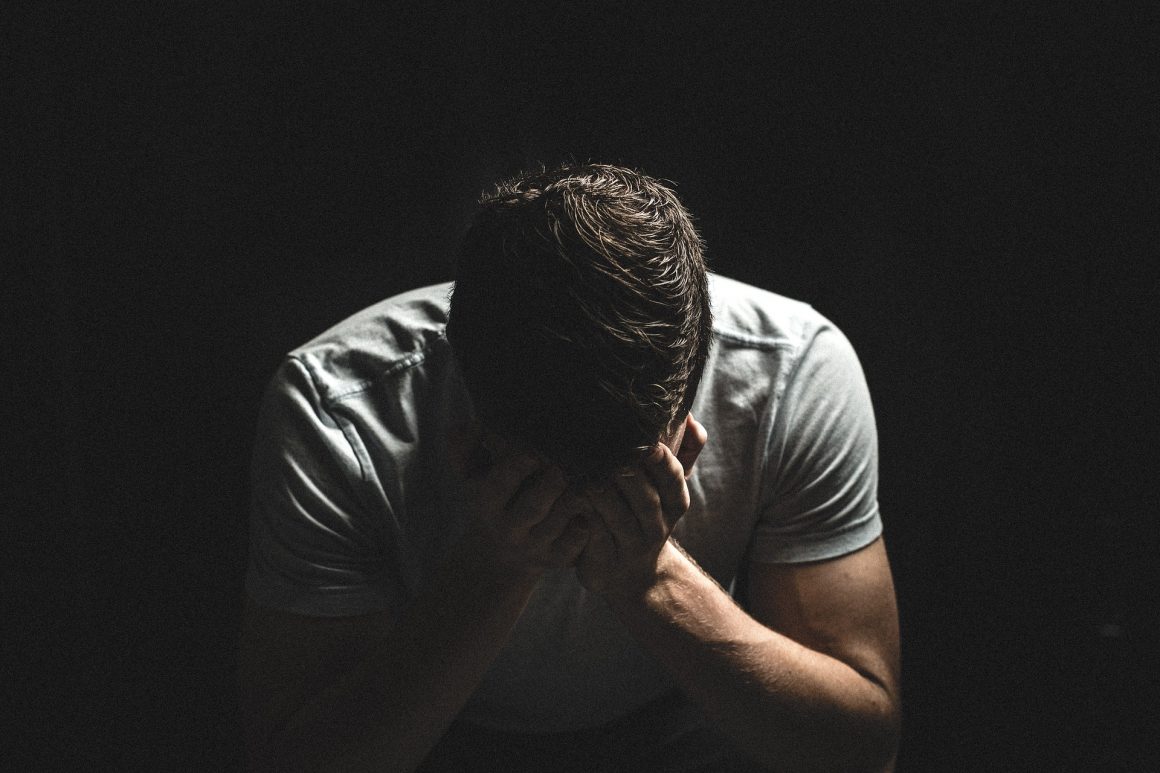
It’s almost 2019. Let boys cry
By Aymen Sherwani, November 26 2018 —
Are you currently on your fifth cup of black coffee, pretending that it doesn’t taste like diesel, just so you can finish that research paper before midnight? Are you thinking, “Hey, maybe I should ask that upper-year student for some study drugs” while obsessively going over your grades to calculate the lowest mark you need to score in order to pass?
Welcome to the dreaded finals season. It’s that time of the year where you pretend to be happy and festive because the holidays are here, but at the same time, you’re dying inside because you regret binge-watching The Haunting of Hill House. I would be lying if I said I didn’t cry over a statistics class for an entire minute in the library before pulling myself together and finishing up some practice problems.
As the kids say, it really do be like that sometimes.
Jokes aside, it’s a sad reality across universities that students prioritize success in their classes to the point that they neglect taking care of their mental health.
On a campus this large, your problems can seem minuscule in the grand scheme of things, I cannot emphasize enough how important having a support system in place is. Being able to vent your emotions so they don’t boil over in your brain can make or break a semester. It’s vital to have a space where your GPA does not define you and where you can talk about your stresses and insecurities.
As a woman, I’ve been conditioned to be vocal about my emotions. I’ve been told that it’s fine for me to cry and tell my friends about my insecurities and current problems in my life. Unfortunately, I can’t say the same for my male counterparts.
Let me start off by clarifying that in no way do I have the capacity to accurately comment on the adversities of men. However, through my limited perspective while growing up, the boys around me were told not to cry because it was “girly,” to “man up” and to just “walk it off.”
From the moment they can walk, boys are discouraged from displaying emotional vulnerability. For many of them, it is difficult to manage stressful situations in a healthy way.
A 2009 study by Statistics Canada revealed that of the 3,890 suicides that year, 2,989 were committed by men. That means men were three times more likely to commit suicide than women. Often, suicide is a consequence of unchecked deteriorating mental health. The notion that men are seen as weak if they show any emotion outside of anger and aloofness contributes to this unfortunate reality. Phrases that circle around when a suicide occurs include, “No one saw it coming” and, “But he seemed perfectly fine the other day.” These phrases shine a light on the fact that it’s often difficult for men to ask for help in an environment that expects them to be stoic.
“I don’t tell anyone I have therapy and counselling from the University of Calgary Wellness Centre anymore because the last time I did, my friends called me gay for months until reality hit and a close friend of mine committed suicide,” a U of C student told me. They asked to remain anonymous, for obvious reasons.
According to society, being a man entails being responsible and exhibiting strength and independence when times get tough. On a superficial level, phrases like “man up” or “don’t be a pussy” can be misconstrued as words of encouragement to overcome adversity and rise above your pain. But in reality, a lot of men associate it with lacking masculinity when they do things like cry over a breakup. At the end of the day, phrases like that essentially say that men should not be doing anything perceived as feminine. Artificial notions of how we should behave are never worth losing lives over.
Men deserve to express themselves through whatever outlet they please. Let them feel joy in having skin-care routines or FaceTiming their friends at 1 a.m. to talk about their problems. Let them wear pink if it’s their favourite colour and let them cry if they get hurt.
As of last year, the U of C has implemented a 24-hour phone line for students experiencing mental distress. Campus counsellors are available during the day. After hours, students are connected, with their permission, to local counselling and distress services. The university has a formal agreement with community services so their professionals are trained in the common issues students face. Male students should feel comfortable using these resources and know that their struggles don’t reflect their masculinity.
Let’s get it together, people.
Aymen Sherwani is a second-year business (accounting) major at the University of Calgary. She writes a column for the Gauntlet about issues that are affecting students called “Get It Together, People”
